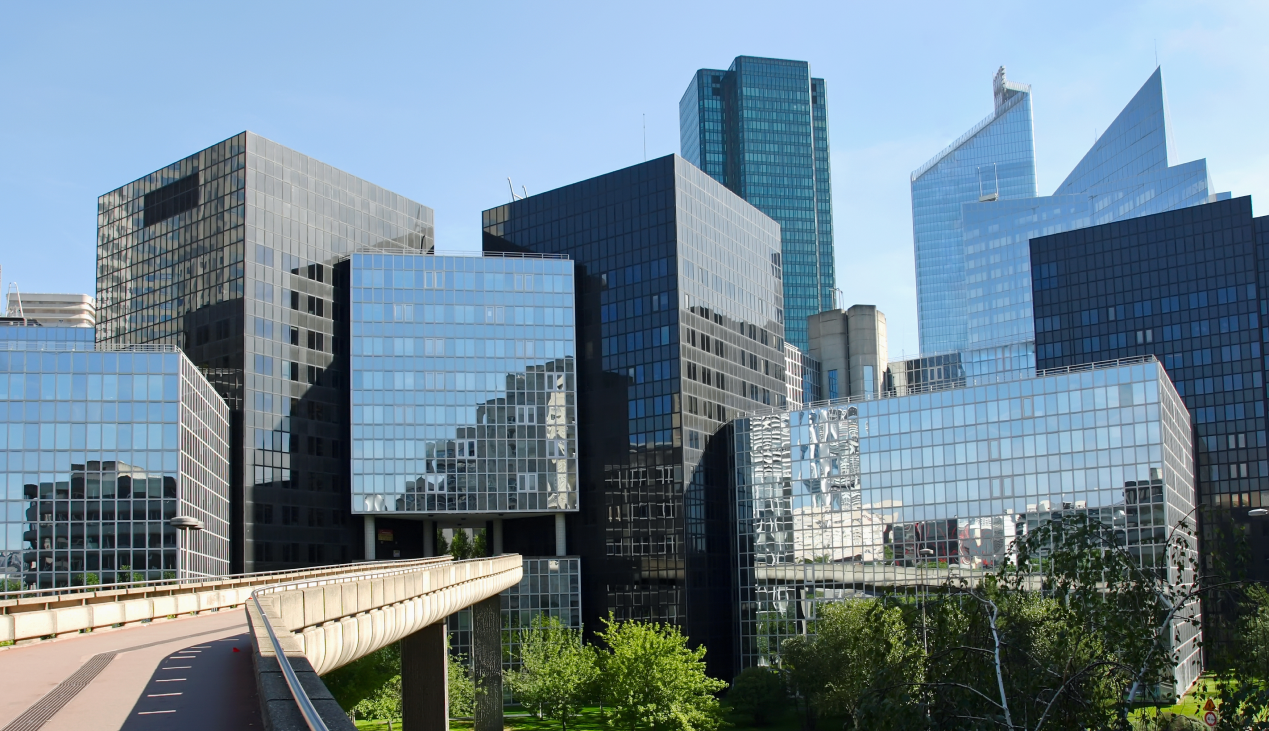
Subnational Climate Finance
MexicoDistributed generation (DG) solar projects can help Mexico reduce its reliance on fossil fuels and avoid emissions. They are smaller and less regulated, with a threshold of 500 kilowatts – enough to power about 200 households.
The aim is to support and scale up the renewable energy platform to develop, install and operate solar PV assets to offer clean energy to the C&I clients that currently have a reduced number of options for their electricity supply.
Learn more










